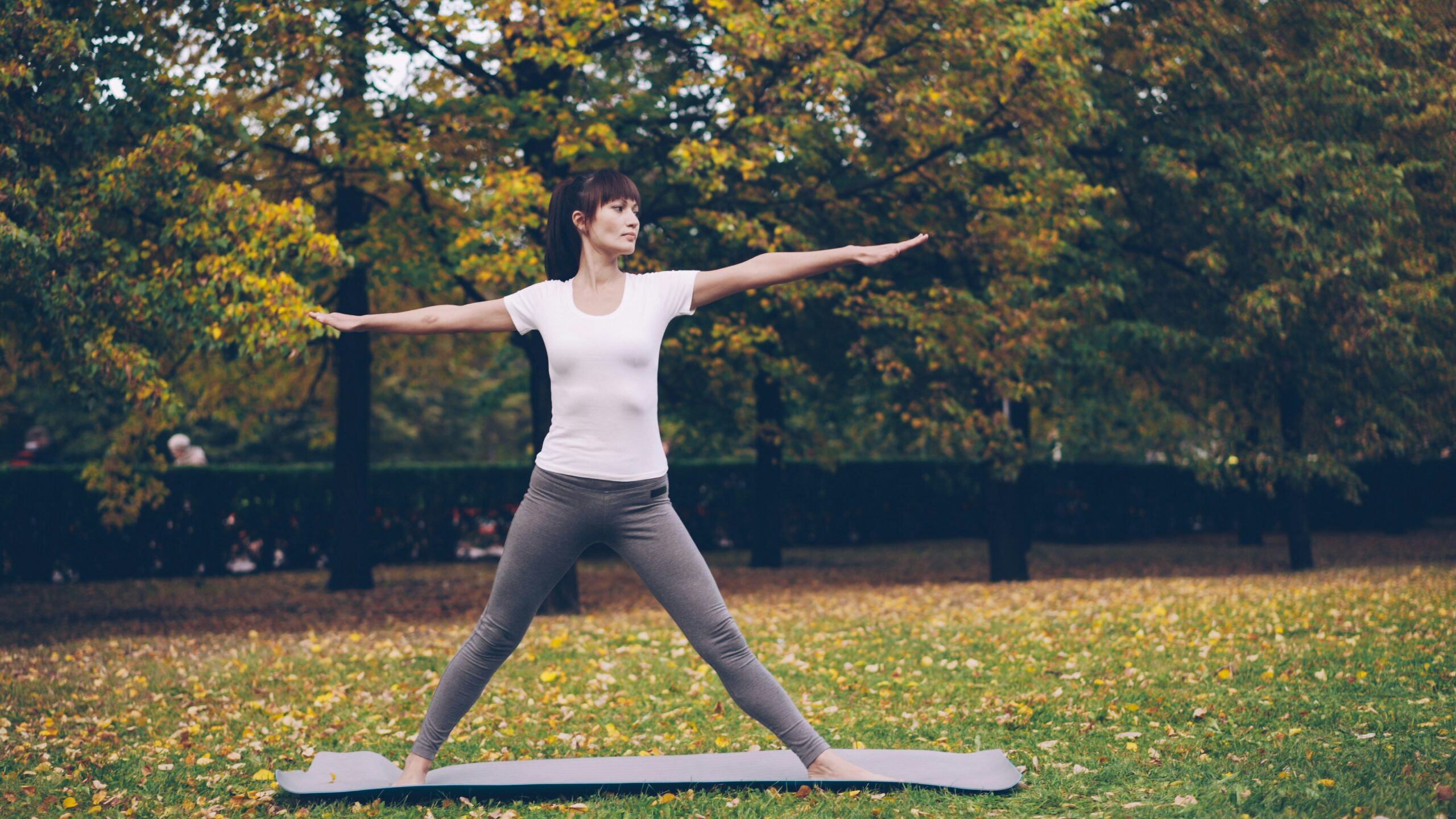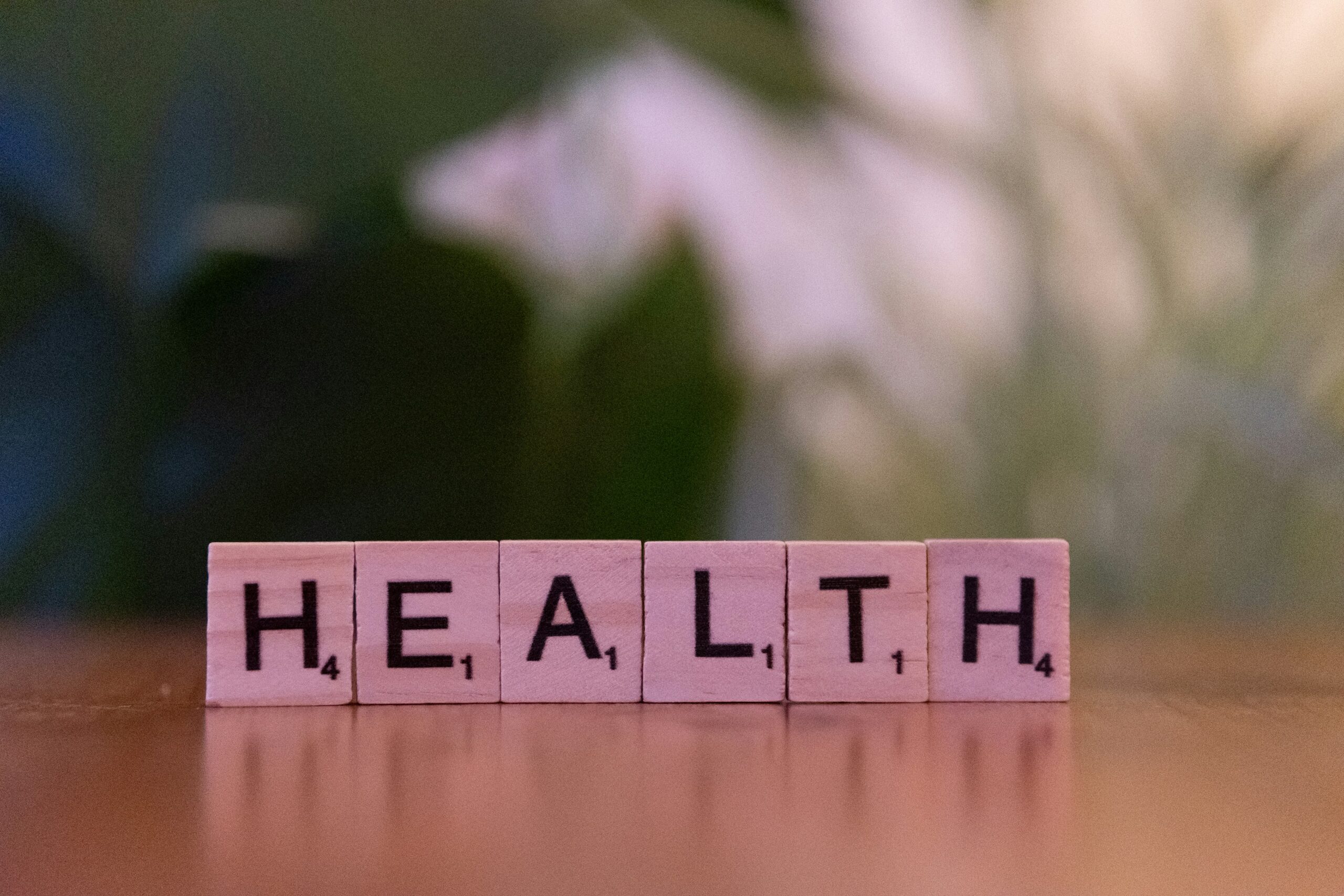Social Health Secrets: 4 Powerful Ways to Build Stronger, Happier Connections
Introduction
In an international humming with virtual notifications, infinite scrolling, and virtual conferences, true connection is becoming an extraordinary treasure. We’re greater “related” than ever—yet loneliness and isolation are rising at alarming quotes. This paradox highlights a essentia,l however often unnoticed dimension of wellness: social fitness.
While we frequently prioritize bodily fitness—ingesting proper, exercise, snoozing nicely—we have a tendency to forget the health of our relationships. Yet, social health is simply as important to our basic nicely-being. In fact, research consistently indicates that sturdy social ties can raise immunity, lessen pressure, increase toughness, and even enhance mental fitness.
So what exactly is social health? And how will you domesticate it to build more potent, happier connections that enrich your existence?
In this text, we’ll find four effective, technology-sponsored secrets to raise your social health—due to the fact actual connection isn’t just first-class to have; it’s critical to a thriving, wholesome existence.
Table of Contents
What Is Social Health?
Before diving into the secrets, let’s outline the inspiration.
Social health refers to your capability to form meaningful relationships, interact with others, adapt in social situations, and maintain a supportive community. It’s not about how many pals you’ve got on social media—it’s approximately the fine of your connections.
Think of it because the emotional and relational cloth of your lifestyles. When your social fitness is powerful, you experience a sense of belonging, empathy, and mutual help. When it’s vulnerable, you can experience remote, misunderstood, or emotionally tired—even in a crowded room.
And right here’s the effective truth: your social health directly impacts your average health. Studies from Harvard and the Mayo Clinic display that people with robust social connections have a 50% lifetime probability, Low anxiety and depressionCorrected heart health,Strong immune function. In short, healthy conditions are similar to a healthy you.
Now, let’s find out four transformative secrets to create invincible social health.
Secret # 1: Practice deep hearing – the art of fully present
Most of us listen to the answer, not to understand. We are already preparing our answer while the other person is still talking. But listening deeply – the way it creates faith and intimacy – is about being fully present.
When you listen deeply,you don’t just hear the word. You notice tone, body language and emotions. You put full attention to the speaker, free of distractions (yes, it means holding the phone down!).
Why does it work:
To listen deeply values another person. It says, “You mean. I see you.” This simple feature promotes emotional security, which is the basis for any strong relationship.
How to practice it: Keep eye contact and nod to show commitment,
Avoid interrupted or jumping for advice
Reflect what you hear: “It looks like you feel overwhelmed …”
Ask open questions: “What was it for you?”
When you mastered deep listening, the conversation is connected to exchanges. And this is the place where real social fitness begins.
Secret #2: Nurture Your Inner Circle—Quality Over Quantity
You don’t want hundreds of friends to have super social fitness. In fact, research shows that most humans can only hold about 5 deeply meaningful relationships at a time.
Instead of chasing likes and fans, recognition on nurturing your internal circle—the people who show up for you, have a good time your wins, and support you via demanding situations.
Why it works:
Close, reciprocal relationships provide emotional resilience. They act as a buffer in the course of hard times and increase pleasure at some stage in precise ones. These are the people who keep in mind your birthday without a reminder and get in touch with simply to test in.
How to strengthen your inner circle:
Schedule everyday check-ins (a weekly name, monthly coffee)
Be vulnerable—proportion your struggles, no longer just your highlights
Show up for them at some point of their hard instances
Express gratitude: “I’m so grateful you’re in my existence.”
Remember: Social fitness isn’t approximately reputation—it’s about intimacy. One authentic conversation can do more in your well-being than a hundred superficial interactions.
Secret #3: Set Healthy Boundaries—The Unsung Hero of Strong Relationships
Here’s a surprising reality: placing obstacles isn’t selfish—it’s a signal of deep recognize. Without healthy limitations, relationships come to be draining, resentful, or one-sided.
Yet lots of us keep away from limitations out of fear—worry of rejection, fear of battle, worry of being seen as “difficult.” But fending off barriers harms both you and the relationship.
Why it works:
Clear limitations create protection and predictability. They help others apprehend your wishes and bounds, which fosters mutual admire. Think of them because the guardrails on a toll road—they preserve the journey easy and save you crashes.
Examples of healthful social boundaries:
Saying no to social activities when you need relaxation,Asking for space whilst you’re beaten,
Communicating your emotional limits: “I care about you, however I can’t talk this proper now.”
Ending poisonous relationships that drain your energy
When you honor your limitations, you defend your mental and emotional fitness, which in turn strengthens your potential to attach meaningfully.
Pro tip: Start small. Practice saying, “Let me think about that and get again to you,” in preference to automatically saying yes. Over time, boundary-setting turns into 2nd nature—and your social health will bounce.
Secret #4: Cultivate Empathy—The Superpower of Connection
Sympathy is the ability to understand and share the feelings of others. It’s not about fixing problems – it’s about feeling with someone.
In a world that often affects logic about emotions, sympathy is a radical function. It expands the gap, dissolves the decision and forms a deep emotional bond.
Why does it work:
The sympathy activates the mirror neurons in the brain – which lets us “feel” what others think. When someone understands, their stress and their confidence are increasing. This is the basis for real social health.
How to develop your sympathy muscle:
Practice taking perspective: “How can it be from their point of view?”
Suspend the decision – listen before you respond
Covered feelings: “It seems very difficult. I feel it the same way.”
Related to volunteer or community service to participate in different experiences
Sympathy does not mean that you have to agree with everyone – but that means you choose to see a person behind the words.
When sympathy guides your conversation, your conditions are deep, more kind and more complete.
The Ripple Effect of Strong Social fitness
Here’s the stunning part: whilst you put money into your social fitness, the benefits ripple outward.Strong relationships don’t simply make you healthier—they make your circle of relatives, place of job, and community healthier too. A easy act of kindness, a heartfelt communication, or a moment of authentic listening can uplift a person else’s day… and inspire them to do the same.
Imagine an international where all of us practiced deep listening, nurtured their inner circle, set healthful limitations, and led with empathy. That’s a global with much less loneliness, more compassion, and more potent collective fitness.
And the satisfactory component? You don’t need a grand gesture to begin. Small, consistent moves create large change.
Simple Daily Habits to Boost Your Social Health
Want to place those secrets and techniques into action? Try these daily micro-conduct:
Send one meaningful message—not a meme, however, a real notice: “I was deliberating you nowadays. Hope you’re doing well.”
Make eye touch and smile at a stranger, cashier, or colleague. It’s a tiny act of connection.
Ask one open-ended question in a communique: “What’s been on your mind lately?”
Check in with yourself: “Do I sense supported?Do I need to set a boundary?”
Final Thought: Social Health Is a Lifelong Practice
Like bodily health, social health isn’t a one-time achievement—it’s an everyday exercise. Some days you’ll experience deep connection; on different days, you would possibly experience remoted. The key is recognition and intention. By applying those four powerful secrets and techniques—deep listening, nurturing your inner circle, placing barriers, and cultivating empathy—you’re now not simply improving your relationships.
You’re investing in your normal health, happiness, and toughness.
So take a moment today to reach out. Call a chum. Hug a loved one. Listen without distraction. Say “no” when you need to. Show up as your real self.
Because in the long run, the fine of your existence is the greatness of your relationships. And while your social fitness thrives, so do you.
Key Takeaways: 4 Secrets to Stronger, Happier Connections
Listen deeply—be completely present in conversations. Nurture your inner circle—attention on best, now, not the amount.
Set wholesome barriers—guard your strength and admire others’.
Cultivate empathy—connect through understanding, no longer judgment.
Start today. Your relationships—and your health—will thank you.
Q: What is social health?
A: Social health is your ability to build meaningful, positive relationships and connect with others in fulfilling ways.
Q: Why is social health important?
A: Strong social health boosts happiness, reduces stress, and supports overall mental and emotional well-being.
Q: Can I improve my social health?
A: Yes! With mindful habits like active listening, setting boundaries, and staying connected, you can grow stronger, healthier relationships.










